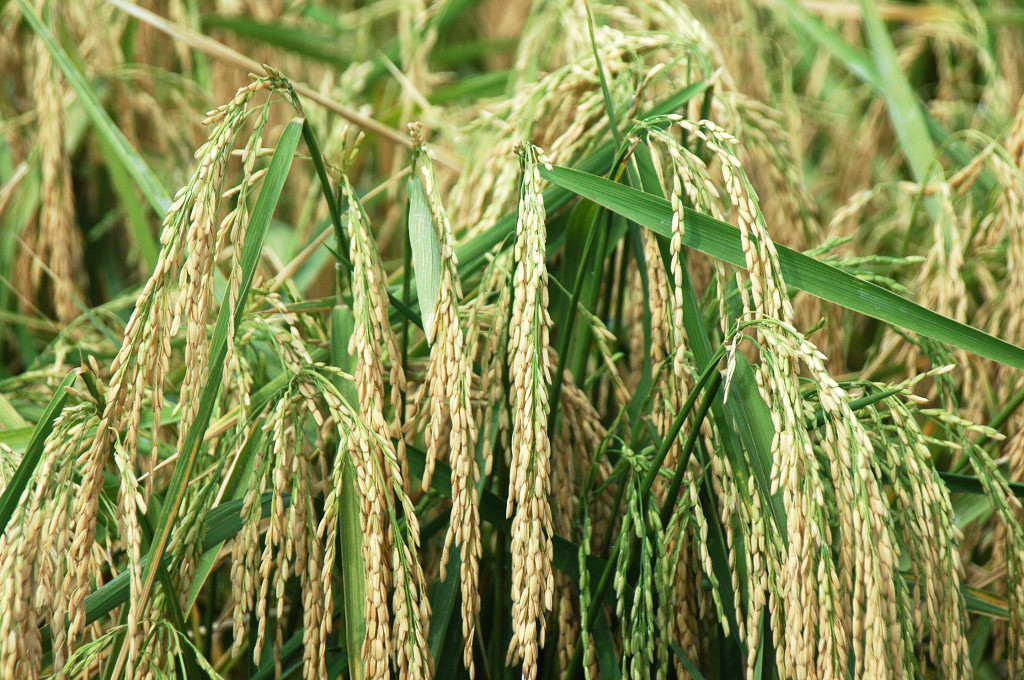In Cuba last month, Agriculture Secretary Tom Vilsack announced that the USDA will allow 22 industry-funded Research and Promotion Programs and 18 Marketing Order organizations to conduct research and information exchange activities with Cuba. The groups will engage in cooperative research with Cuba about agricultural productivity, food security and natural resource management. The USDA’s 22 industry-funded research and promotion programs and 18 marketing orders cover a variety of fruits and vegetables, including Florida citrus, Idaho potatoes, Vidalia onions, Florida tomatoes, Oregon-Washington pears and California plums.
In a press release, Secretary Vilsack called the announcement “a significant step forward in strengthening our bond and broadening agricultural trade between the United States and Cuba.” Vilsack further noted, “The agreements we reached with our Cuban counterparts on this historic trip, and the ability for our agriculture sector leaders to communicate with Cuban businesses, will help U.S. agricultural interests better understand the Cuban market, while also providing the Cuban people with science-based information as they grow their own agriculture sector.”
Per thepacker.com, some agriculture organizations greeted Vilsack’s announcement with optimism. American Farm Bureau Federation President Zippy Duvall said, “American-grown foods hold a clear competitive advantage in the Cuban marketplace, and the use of farmer- and rancher-generated funds to promote and market U.S. farm goods fits the checkoff mission perfectly. This announcement by USDA represents a major boost in growing the Cuban market that sits just 90 miles off our coast.”
However, there is also some concern about Cuba’s potential threat to US growers. Mike Stuart, president of the Florida Fruit & Vegetable Association stated, “We continue to be believe that Cuba will always present, for Florida at least, much more a threat than an opportunity.” Possible threats include competitive supplies and new pests and diseases. Stuart believes grains represent the best opportunity for ag exports to Cuba.
Still others encourage a cautious approach to agricultural trade with Cuba. At theconversation.com, Miguel Altieri, a professor of Agroecology at the University of California at Berkeley, contends US trade may harm Cuba’s sustainable agriculture. Agroecology encourages local production by small-scale farmers, using sustainable strategies and combining Western knowledge with traditional expertise. According to Altieri, it developed in the late 1970s in Latin America as a reaction to modern industrial agriculture and modern Cuban farming now exemplifies ecological agriculture. He warns that if relations with U.S. agribusiness companies are not well-managed, Cuba could revert to an industrial approach that relies on mechanization at the expense of Cuban small farmers.
Agricultural trade with Cuba will be the focus of Arkansas Secretary of Agriculture Wes Ward’s keynote address at the Third Annual Mid-South Agricultural and Environmental Law Conference. The conference will be held Friday, April 22 in Memphis, TN, at the University of Memphis Cecil C. Humphreys School of Law. Registration information is available here.
